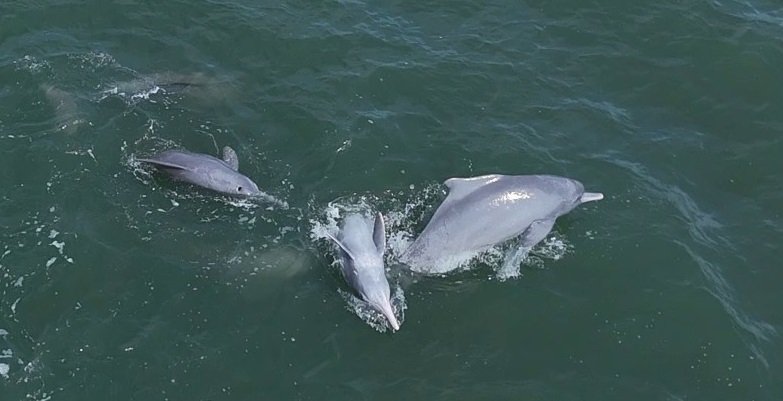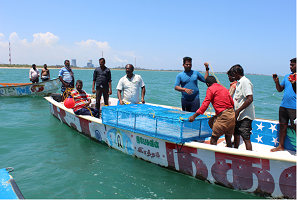CPAGR Kochi researchers achieves breakthrough in captive breeding of black-collared yellow catfish
The black-collared yellow catfish is important both ecologically and in ornamental trade, but it faces habitat loss and overfishing threats.
Researchers at the Centre for Peninsular Aquatic Genetic Resources, Kochi, under the ICAR-National Bureau of Fish Genetic Resources, Lucknow, achieved a breakthrough in aquatic conservation by developing the first-ever captive breeding protocol for the endangered, black-collared yellow catfish (Horabagrus nigricollaris). Published in Aquaculture International, this study represents the first comprehensive research on the species since its discovery in the Chalakudy River, Kerala, in 1994.
The achievement underscores the importance of ex-situ conservation and offers opportunities for sustainable aquaculture, ensuring the survival of H. nigricollaris and other freshwater species of the Western Ghats.
Dr U. K. Sarkar, Director, ICAR-NBFGR, emphasised the efforts to integrate advanced science with community initiatives to preserve biodiversity while supporting livelihoods. Beginning in 2020, the team successfully bred the first-generation stock, a crucial step in conserving this endangered species listed on the IUCN Red List. The black-collared yellow catfish is important both ecologically and in ornamental trade, but it faces habitat loss and overfishing threats. ICAR-NBFGR released advanced fingerlings into the Chalakudy River and worked with local fish farmers to breed the species in captivity.
The black-collared yellow catfish is important both







